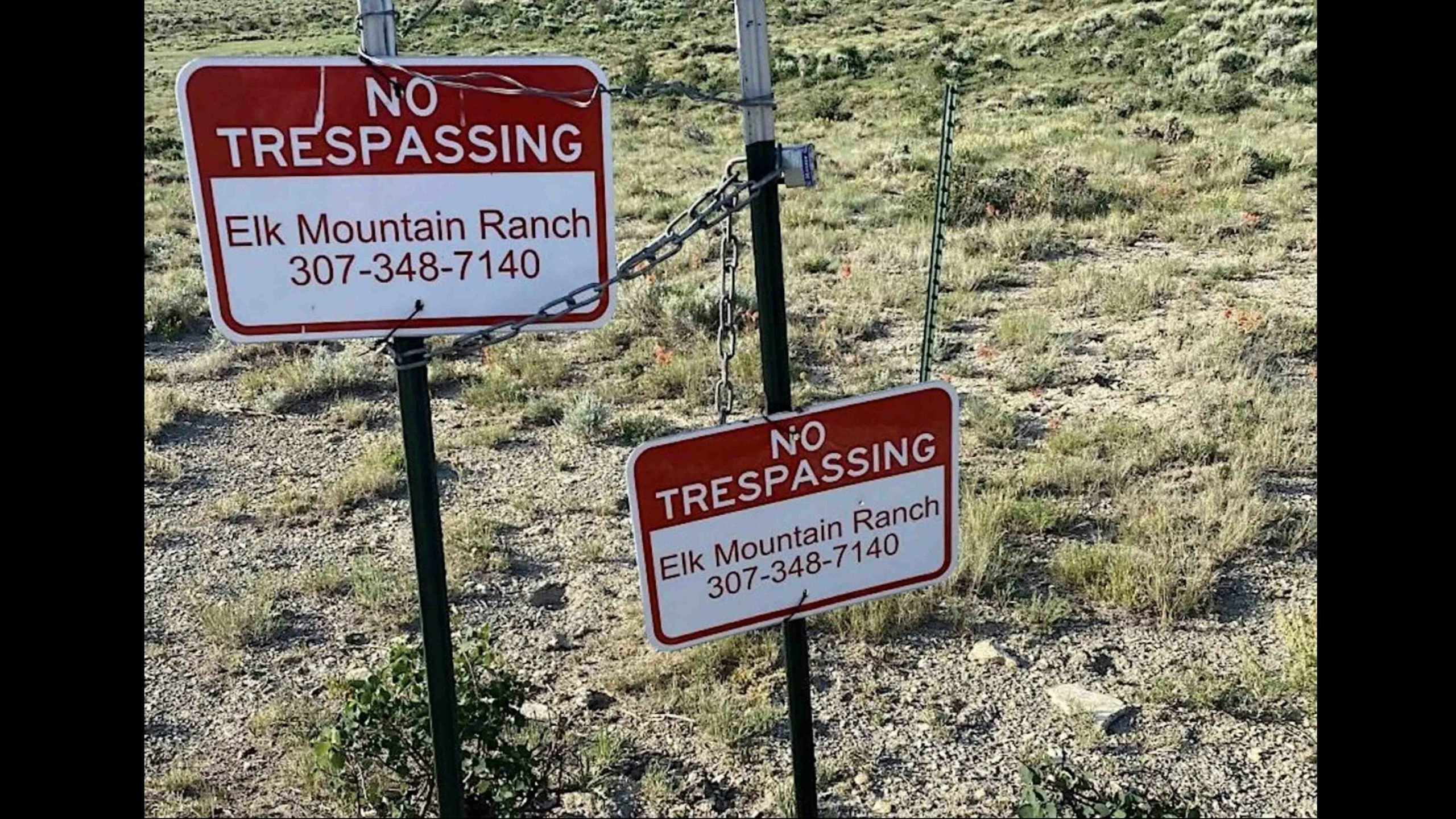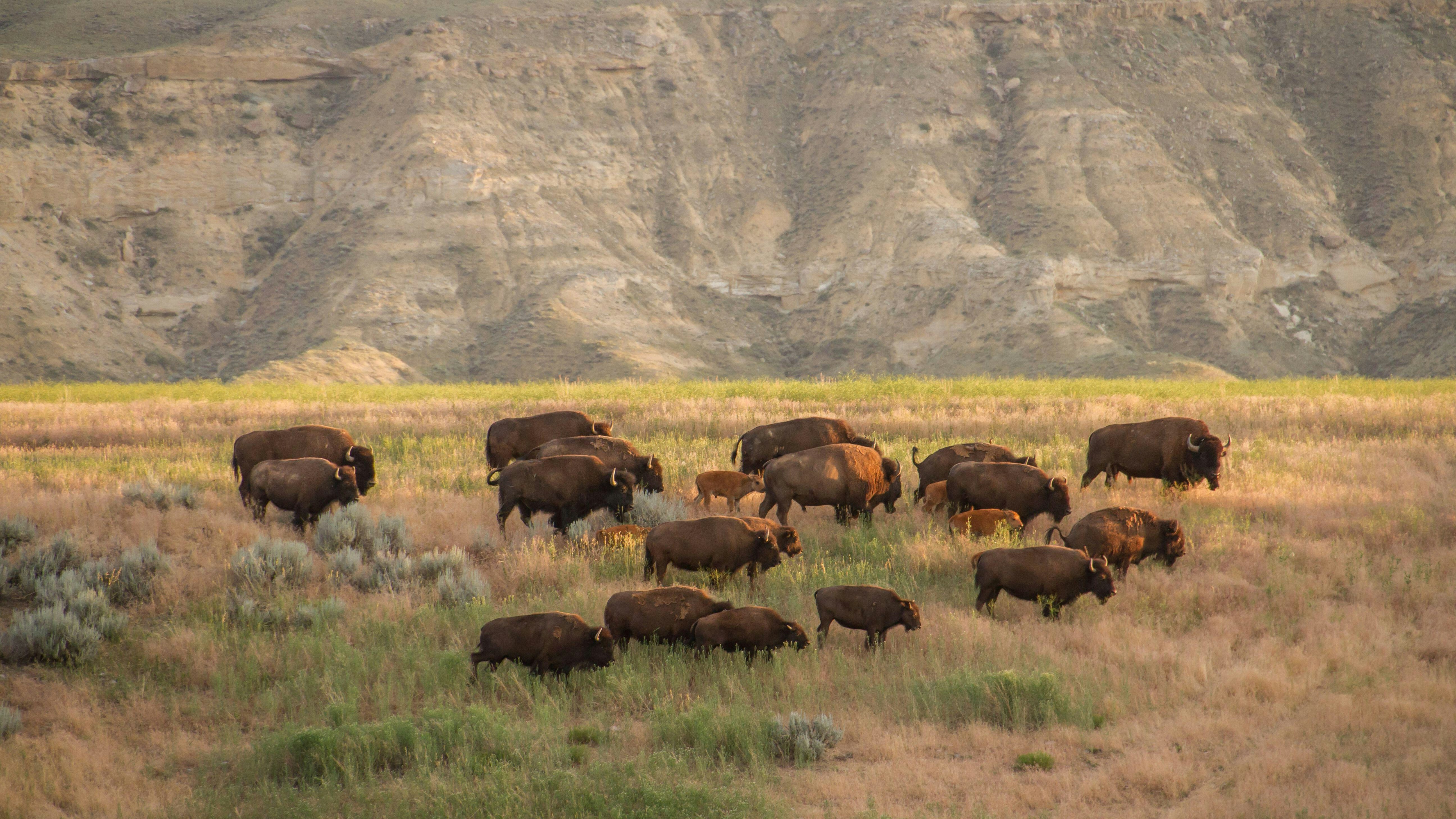By Mark Heinz, public lands and wildlife reporter
Mark@CowboyStateDaily.com
The Iron Bar Ranch violated federal law by using “threats” and “intimidation” against four Missouri hunters in a trespassing case that could have sweeping implications for “corner crossings” between public and private land in Wyoming, according to court documents filed July 29 by the hunters’ attorney.
The unlawful enclosures act of 1885 prohibits landowners from using force, threats intimidation or other unlawful means to prevent public access to public lands adjoining their property, according to document filed by attorney Ryan Semerad.
The document does not detail exactly what sort of threats, intimidation or force Iron Bar allegedly used.
The move is a push-back against a civil lawsuit filed by the ranch against the hunters, who were accused of trespassing on ranch property in September of 2021 during a corner crossing. The hunters — Bradley Cape, Zachary Smith, Phillip Yoemens and John Slowensky – initially faced criminal trespass charges in Carbon County. A jury found them innocent of all charges in that case.
Iron Bar Holdings, LLC and its owner, Fred Eshelman of North Carolina, subsequently filed a civil lawsuit against the hunters, claiming they had violated the ranch’s air space when they used a ladder-like device to cross a fence from one piece of public land to another at a checker-boarded corner with ranch property.
Such checkerboard patterns of public-private land intersections are common in Wyoming. And the legal status has been murky regarding “corner jumping”, or passing between connected corners of public land while taking efforts to not set foot on private property.
If Iron bar can demonstrate that the men still violated private “air space” while traversing the pinpoint intersection of the corners, that could mean that similar restrictions could apply at all corner crossings.
The matter is important to hunters, hikers, birdwatchers and other frequent public land users. Many public land allotments in Wyoming are essentially surrounded by private property and accessible only by corner jumping.
A ruling in Iron Bar’s favor in the civil suit could imply widespread prohibition against using corner crossings, essentially cutting off any affected land from public use.





